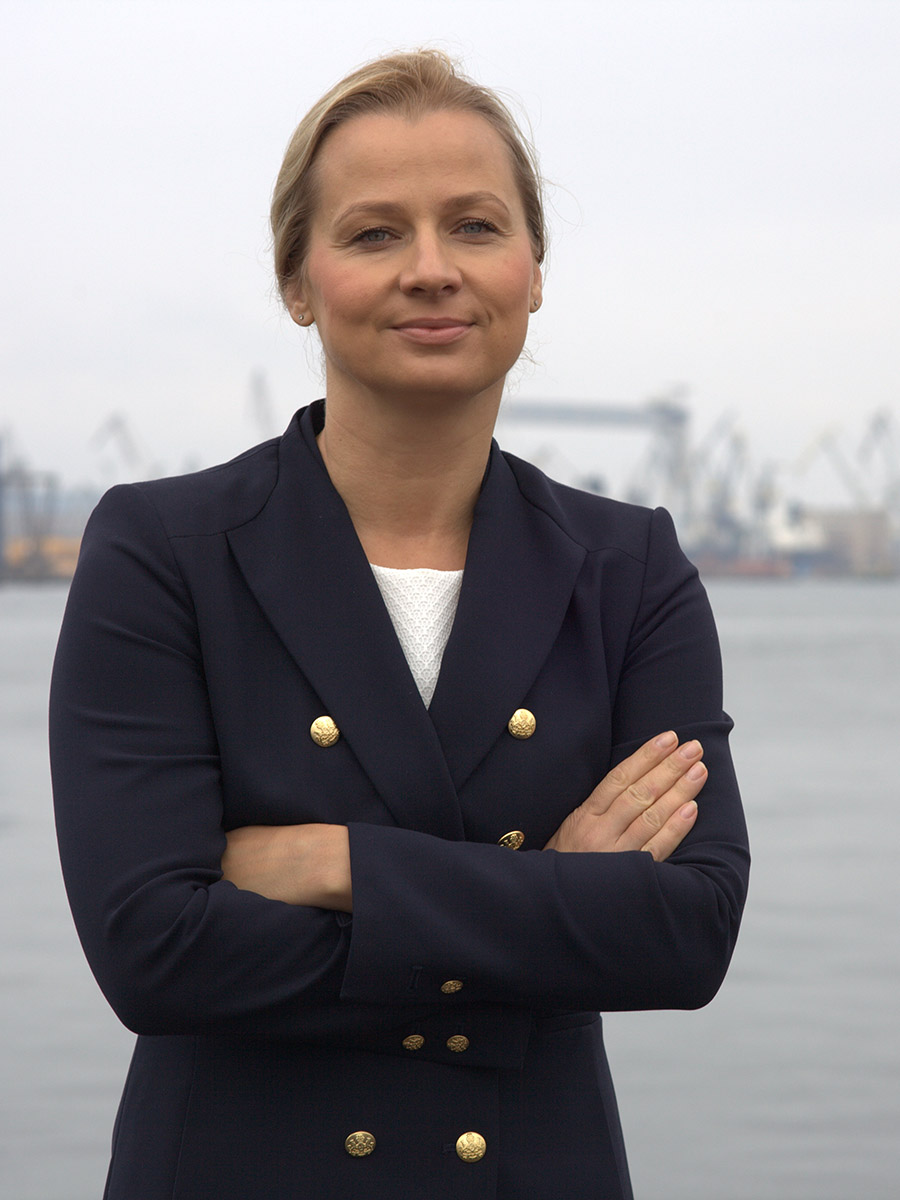Where did the idea for creating postgraduate studies come from?
From the essence of modern and pro-development education, looking for good paradigms for the future. From a global perspective, education has long been the goal of sustainable development. The creation of Offshore Wind Power Industry postgraduate studies results from the need to learn new things. In this case, the direct impulse was the development of offshore wind energy law and information from many sources about the need for education in the field of acquiring or developing competences in OWE.
How can the studies Education for Sustainable Development: Offshore Wind Power Industry be useful in the work of public administration officials?
The Education for Sustainable Development Programme was developed in the UG Centre for Sustainable Development. The aim of this programme is education focused on the attainment of the sustainable development goals adopted in the United Nations Agenda and launching interdisciplinary thematic postgraduate studies corresponding to the learning needs in order to acquire new competences useful in working in existing and newly created positions, including in public administration, with particular emphasis on local government administration. In coastal municipalities, knowledge in the field of offshore wind energy is exceptionally needed, as is building environmental awareness. Recently, a lot has been said in public space about environmental threats and the negative effects of climate change. Education for sustainable development is aimed at educating in the use of available and creating new instruments for minimising threats as well as at indicating paths of building resistance to undesirable changes.
Why can the newly emerging Offshore Wind Energy sector be attractive in the context of university graduates’ career development?
Each promising new sector is an opportunity for professional development on an individual scale, as well as for socio-economic development on a regional or national scale. The OWE sector responds to the challenges related to the development of the power industry based on the so-called renewable sources. Undoubtedly, decarbonisation is today a pro-environmental civilisation endeavour in the trend of sustainable development, to a significant extent based on RES, and this translates into an increase in jobs, also in new professional profiles, as in the case of OWE. Specialists in the construction and assembly working in sea conditions and appropriately qualified personnel employed on offshore vessels dealing with marine installations, as well as OWE specialists employed in the administration of various levels are needed.
How do your experiences so far confirm the arguments that it is worth improving the social conditions of the OWE sector?
The OWE sector is a newly emerging area of the Polish maritime economy, which is a necessary and highly prospective part of our country’s economy, as evidenced by, for example, the ever-growing potential of seaports of fundamental importance for the national economy. The significant benefits of the OWE sector include the creation of new jobs. Qualified representatives of various industries, involved in the implementation of offshore projects, already cooperate on many levels with the administration and other entities, including, of course, competitors. If this cooperation is to be beneficial and fruitful, but above all effective, there is also a need for properly developed soft skills. The ability to cooperate and collaborate requires knowledge and skills in efficient operation and communication, as well as in law and management. The experience resulting from the functioning of sectors such as nuclear energy or maritime shipping shows that, inter alia, employee involvement, their appropriate competences and mastering the art of good communication allow you to achieve development goals and reduce risk. Drawing on this experience may turn out to be extremely valuable for the entire OWE sector.


